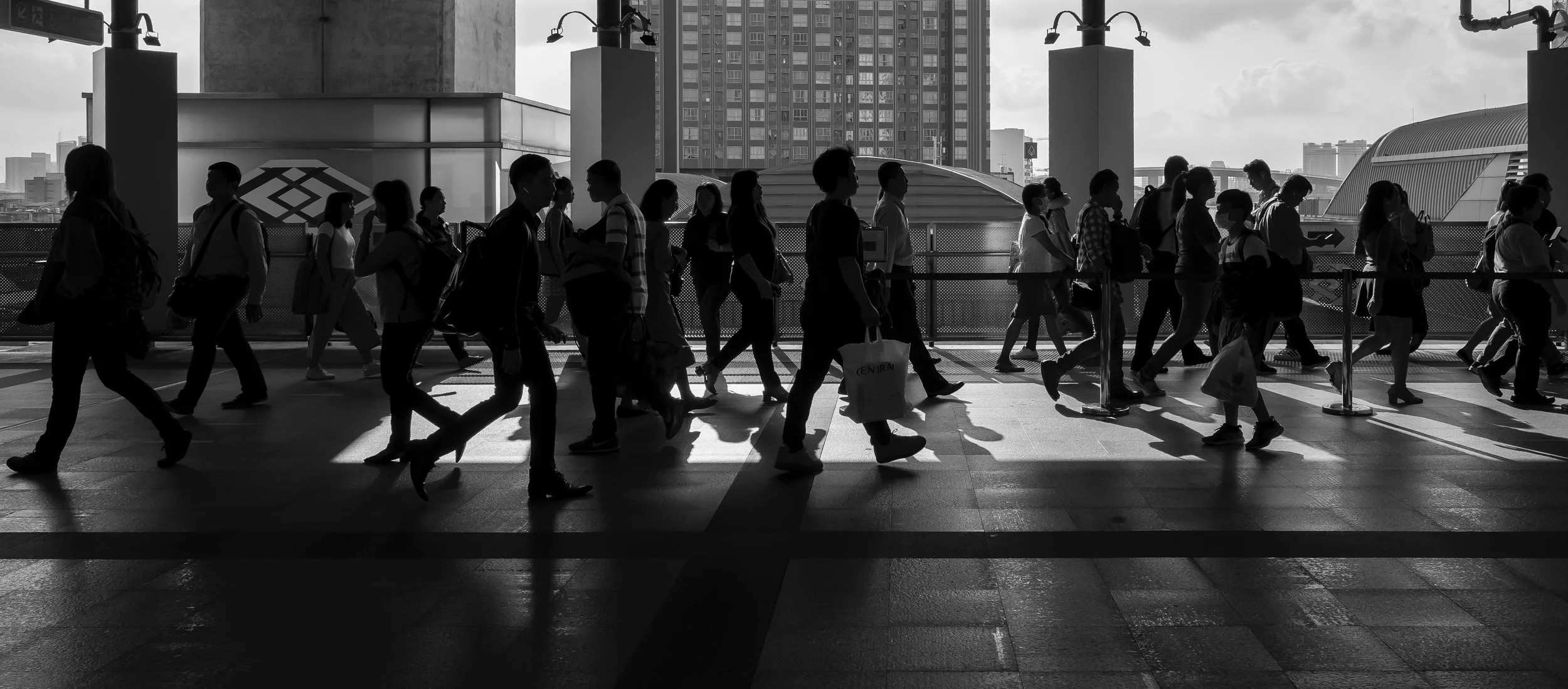If you’re wondering exactly what a close protection officer is, we’ve put together this comprehensive guide to help you understand more about these security operatives, how they’re trained, licensed and what you should be looking for if you’re thinking of using a close protection service.
Qualifications and training
· In the UK, CPOs are mainly individual’s who have successfully completed and passed a level 3 course in close protection
· Exceptions to this are those directly employed by their employer who receive internal professional training. Many employers still do choose to have their employees complete this qualification and attain SIA licensed status
· The syllabus for the close protection course is agreed and set by the SIA and the industry’s key stakeholders
· Courses are provided and delivered by training providers often underwritten and assured by accredited learning centres. Just like schools and universities, these providers can vary by way the syllabus is taught, what sector of close protection it leans towards, the standards and pass rates that are achieved and the costs of the courses
Licensing
· The UK security industry is regulated by the UK Government through the Security Industry Authority (SIA). It is done so with a view to professionalising and assuring the security industry.
· The SIA the regulator of the UK’s private security industry. SIA is an executive non-departmental public body, sponsored by the Home Office
· Close Protection is just 1 of the licensable activates within the security industry
· In the UK those not employed directly by their employer to deliver close protection services must hold an SIA frontline license in close protection, renewed every 3 yrs
Standard learning
The Close Protection level 3 course syllabus elements cover the following standard subject matter which are the minimum to get a close protection frontline license:
· Roles and Responsibilities of the Close Protection Operative
· Threat and Risk Assessment
· Surveillance Awareness
· Operational Planning
· Law and Legislation
· Interpersonal Skills
· Close Protection Teamwork and Briefing
· Conduct Reconnaissance
· Close Protection Foot Drills
· Route Selection
· Close Protection Journey Management
· Search Procedures
· Incident Management
· Venue Security
In addition to these core elements CPOs must attain an advanced first aid qualification which must be kept up to date
Advanced learning and skills
The above learning criteria forms the foundation of a close protection officers at the start of their career. It may be difficult to know the difference between a relatively inexperienced CPO and a highly experienced CPO, but your provider should be able to provide you with evidence of learning and a decent profile summary.
What separates the qualified from the highly proficient operative is their continued dedication and commitment to excelling in their field and accumulation of additional skills sets.
Often but not always from Military and Police units (it is worth noting that there are many highly proficient close protection operatives without this background) Close Protection officers of develop a number of skills including:
· Customer service
· Advanced medical skills
· Advanced and evasive driving skills
· Surveillance awareness and detection
· Risk management
· Pedestrian escort or foot drills
· Security and crime knowledge
· Unarmed combat and weapon skills (theatre dependant)
· Counter IED & Searching
Environments
Close protection officers provide protection services in a number of environments and sectors. Some dedicate their time to specialise in these distinct areas such as Red-Carpet events, the corporate environment or hostile overseas countries and regions.
· Close protection is delivered in a number of environments or “theatres”
· Permissive or lower risk theatres such as the UK, would likely serve executive protection, public figures & celebrity clients
· Semi-Permissive environments are more complex environments with higher crime rates, organised crime and less trustworthy governments and authorities. Additional skills sets might include surveillance awareness, profile, medical support, covert lower profile methods might be used or the use of armoured transportation.
· Hostile, high-risk environments, press, government, government suppliers and contractors, backgrounds from the military and police are usual, armed and unarmed customer and theatre dependant, likely with the use of armoured vehicles.
To find more about how close protection works and selecting the best CPO for you here in our blog how close protection works. Or to make an enquiry get in touch today.


